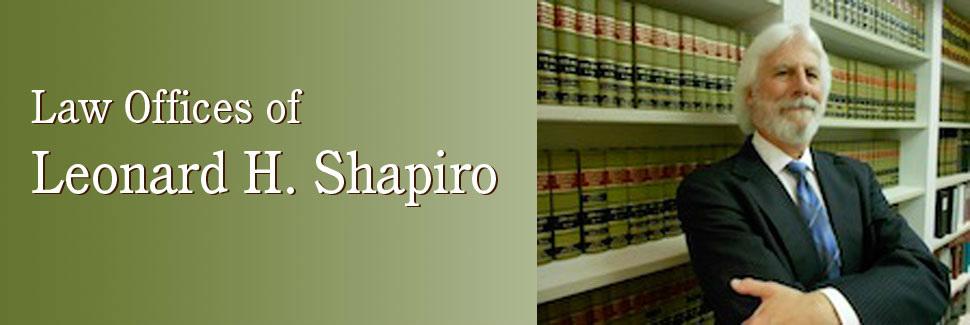Waters sets stage for legal script
Hairspray used as backdrop for desegregation discussion
BY LAWRENCE HURLEY
Daily Record Legal Affairs Writer
It’s not often that Supreme Court cases and the work of cult movie director John Waters are mentioned in the same breath, but the arrival of the new musical version of “Hairspray” in Baltimore has prompted just that among some of the city’s legal community.
For them, the Broadway hit currently playing at the Mechanic Theatre as part of its national tour — and the 1988 movie upon which it is based — are the perfect vehicles to illustrate the driving forces behind the desegregation movement and the reaction of society to the Supreme Court’s landmark decision in the 1954 case of Brown v. Board of Education of Topeka.
Owings Mills-based lawyer Marie Fischer Cooke has a closer relationship than most to the real life 1950s-early 1960s Buddy Deane TV Collins Show in the movie -dance show which Waters fictionalized as the Corny Collins show in the movie — she was one of the dancers.
Like Tracy Turnblad (played by talk show host Ricki Lake in the movie), Cooke performed the mashed potato and other classic dances (her specialty was “the scribble”) on the popular show broadcast by Baltimore station WJZ.
Cooke, then a fresh-faced 14-year- old, was a dancer on the show from May 1963 until it ended in January the following year due to what the host himself described as the “insoluble” integration problem.
“From 1964 until the out it was embarrassing to say we were on the show,” she said yesterday. “Then ‘Hairspray’ came out and it was okay to be a Buddy Deaner.”
Because of her tender age at the time, Cooke says she wasn’t particularly aware of the pressure being exerted on the producers to embrace integration, but — unlike in the film — most of the senior figures at the station actually supported the idea.
The problem was how to go about it without alienating anyone.
“I don’t think anyone wanted the show to remain segregated, but there were differences on how to integrate,” said Cooke. “Buddy wanted to go slow.”
The real life ending is decidedly less rosy than John Waters’ fantasy version where the integrationists win the day: WJZ simply pulled the plug.
University of Maryland law professor Taunya L. Banks, who herself appeared on a Buddy Deane-type show in Washington while she was growing up (but, because she is black, only on certain nonwhite days), will join Cooke to discuss the civil liberties issues that “Hairspray” addresses at a seminar for law school alumns this Sunday.
She takes obvious enjoyment from highlighting ways popular culture can cast light on legal issues, and in discussing “Hairspray,” she stresses the emphasis in the show on rock ‘n roll music as a unifying factor among teenagers of all races at that time.
“Black kids and white kids were listening to the same music,” Banks explained. “We were dancing variations of the same dances that we saw at school.”
This is where Brown comes in, be cause without the desegregation of the schools, white and black kids like those featured in “Hairspray” may not have bonded in that way, Banks believes largely because white parents perceived the music as being “black,” and therefore threatening.
In Mississippi, where Banks worked as a civil rights lawyer in the 1960s, this fear
manifested itself in the form of signs warning white parents of the dangers of rock ‘n roll music.
Many parents were also reluctant to allow their children to watch black performers, Banks added.
“There was a discomfort [among white parents] in exposing high school kids to a social setting of black people singing black music,” she said.
As for Cooke, although the racial tensions passed her by at the time, she is happy to address those issues now, unlike other Buddy Deaners, she says, who — like her — were approached by John Waters when he was researching the movie.
To illustrate the point, she is the proud owner of a collection of Waters’ articles which the author signed for her.
His inscription describes Cooke as “the Buddy Deaner who DARED to speak out.”
Someone had to.
